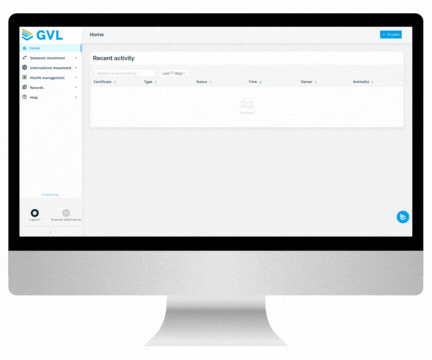Key Tips for Veterinarians
Preparing Livestock Clients for Show Season
As a veterinarian, you play a crucial role in ensuring your clients' livestock are in peak condition for show season. Proper preparation involves health management, documentation, and post-show care. Here are essential tips to help your clients get their animals ready for the spotlight!
Comprehensive Health Check-Ups and Vaccinations
Before the show season begins, it's vital to recommend your client schedule thorough health check-ups for their livestock. Key steps include:
- Routine Physical Exams: Conduct detailed physical exams to identify any health issues that might affect performance.
- Vaccinations and Deworming: Ensure all animals are up-to-date on vaccinations and deworming protocols. This prevents the spread of diseases and keeps livestock healthy.
- Nutritional Assessments: Evaluate and adjust the animals' diets to ensure they are receiving the necessary nutrients for optimal health and appearance.
Compliance and Record-Keeping
Ensure that all necessary documentation is complete and up-to-date.
- Medication Records: Remind clients to keep accurate records of all medications administered, including dosages and withdrawal times.
- Identification Tags: Verify that all animals have proper identification tags or microchips as required.
- Health Certificates: Provide up-to-date Certificates of Veterinary Inspection (CVIs) required by state officials and show organizers.
Certificates of Veterinary Inspection (CVIs)
One of the most critical documents for show season is a Certificate of Veterinary Inspection (CVIs). Ensure your clients understand its importance and have it ready.
- Documentation Accuracy: Ensure all information on the CVIs, including identification numbers, vaccination records, and test results, is accurate and complete. Platforms such as GlobalVetLink can help ensure all requirements are met for the inter and intrastate movement.
- Timely Issuance: Provide CVIs within the timeframe required by the travel date or show, typically within 30 days of the event, to avoid any last-minute issues.
- Keep Copies: Provide your clients with multiple copies of their CVIs to ensure they have them readily available when needed. To further safeguard against losing important documentation, offer clients the option to view their certificates digitally. Platforms like GlobalVetLink allow clients to access their health and movement documents anytime through MyVetLink.

Post-Show Care
After the show, proper care is essential. Recommending these tips to your clients can ensure their livestock recovers properly.
- Health Monitoring: Walk your client through conducting post-show health checks to detect any signs of stress or illness early.
- Rest and Recovery: Recommend a period of rest to help animals recover from the physical and mental demands of the show.
- Diet Adjustments: Adjust feeding plans if necessary to account for any weight loss or stress-related dietary needs.
By offering these targeted tips and support, you can help your clients ensure their livestock are in top condition for the show season. Your expertise not only contributes to their success in the ring but also promotes the overall health and well-being of the animals.
Beyond Paper: Digital CVIs Usher in the Future of Animal Health Compliance eBook
Digital tools are transforming mixed and large animal practices by reducing duplicate data entry, providing field-appropriate tools, and streamlining the creation of common compliance documentation. Learn how you can reduce the amount of time spent on compliance documentation by up to 85%.
Download this free veterinary eBook to explore practical ways that equine and large animal veterinary practices are leveraging modern technology to unlock major efficiencies.

